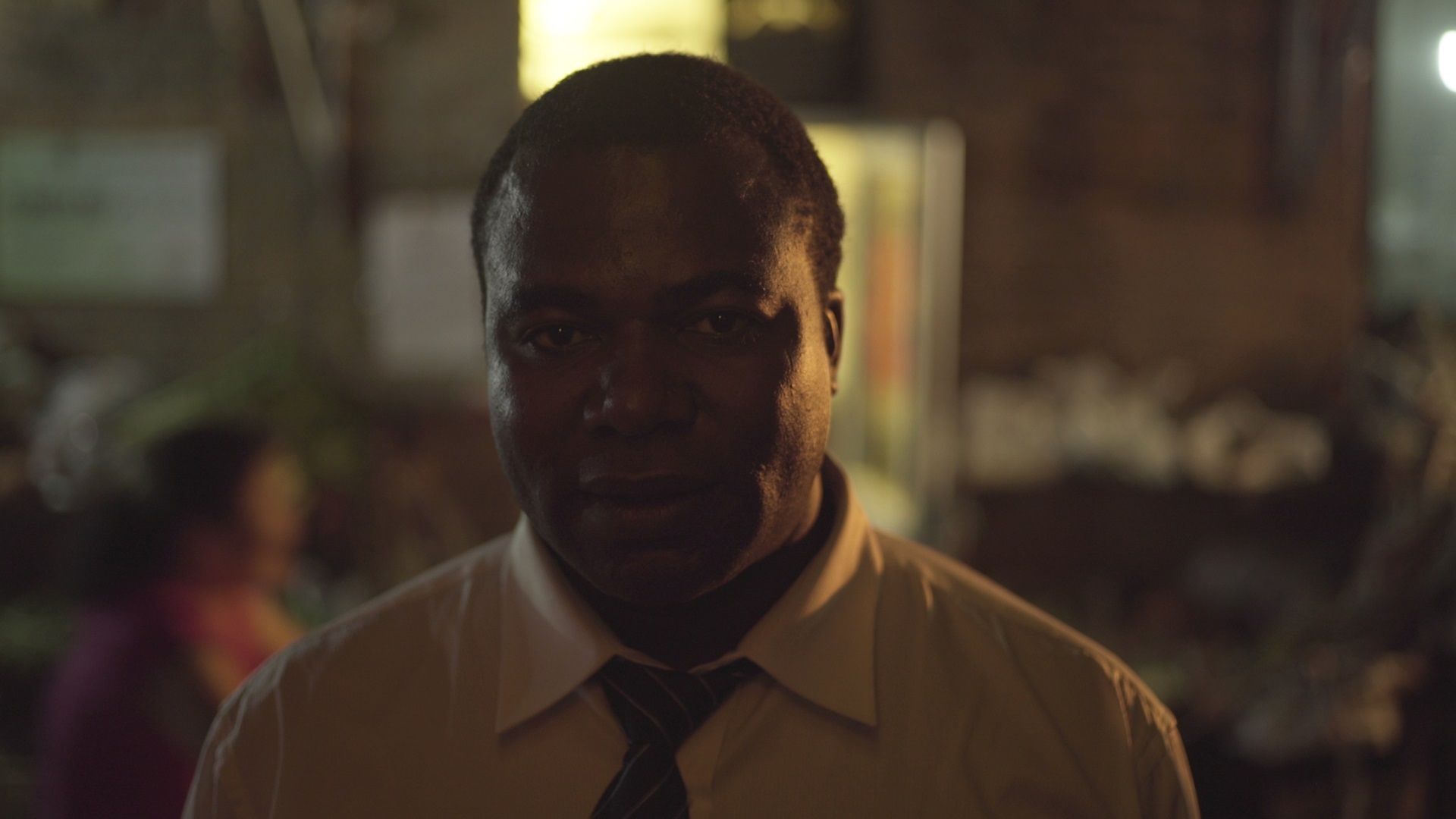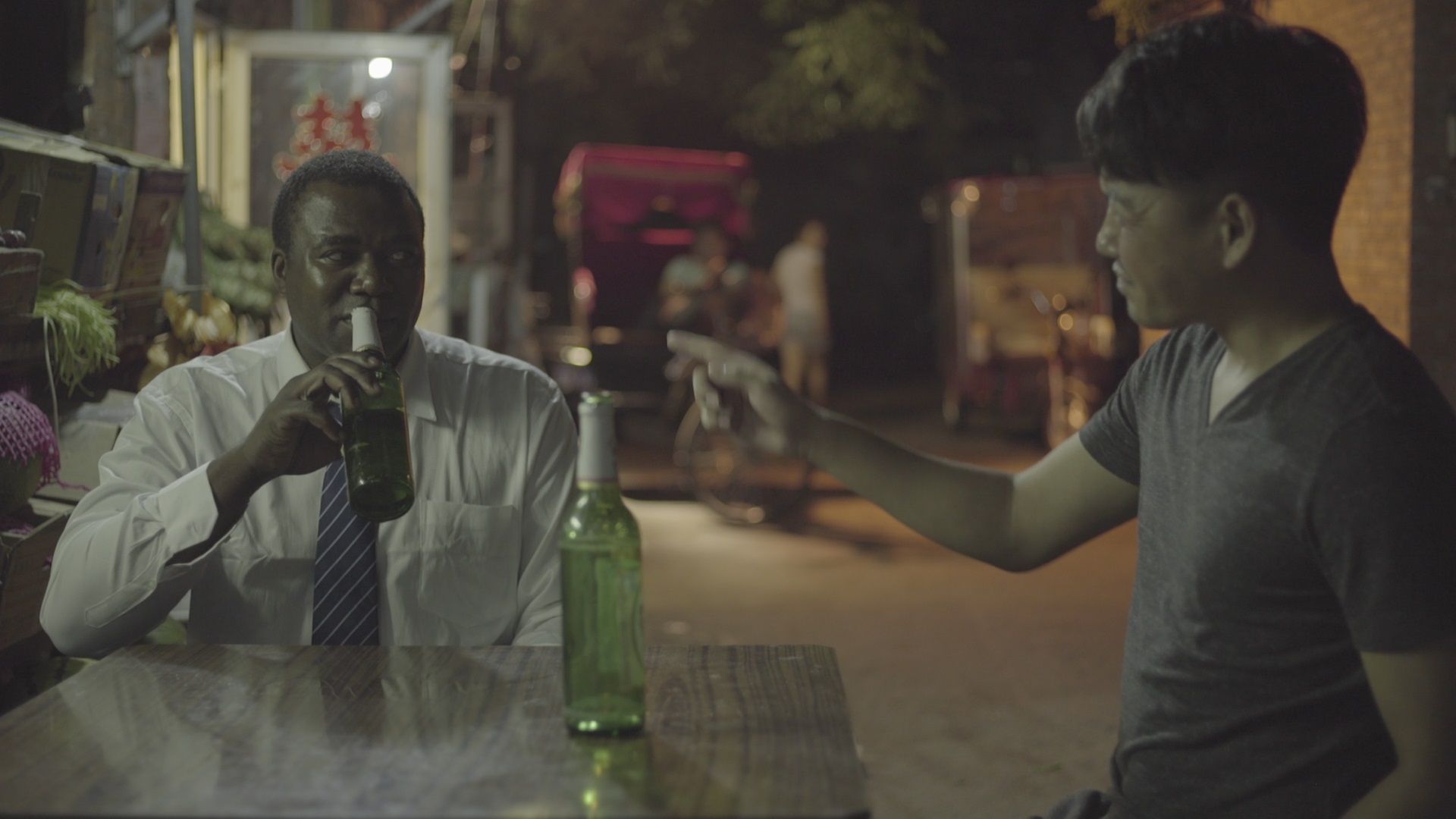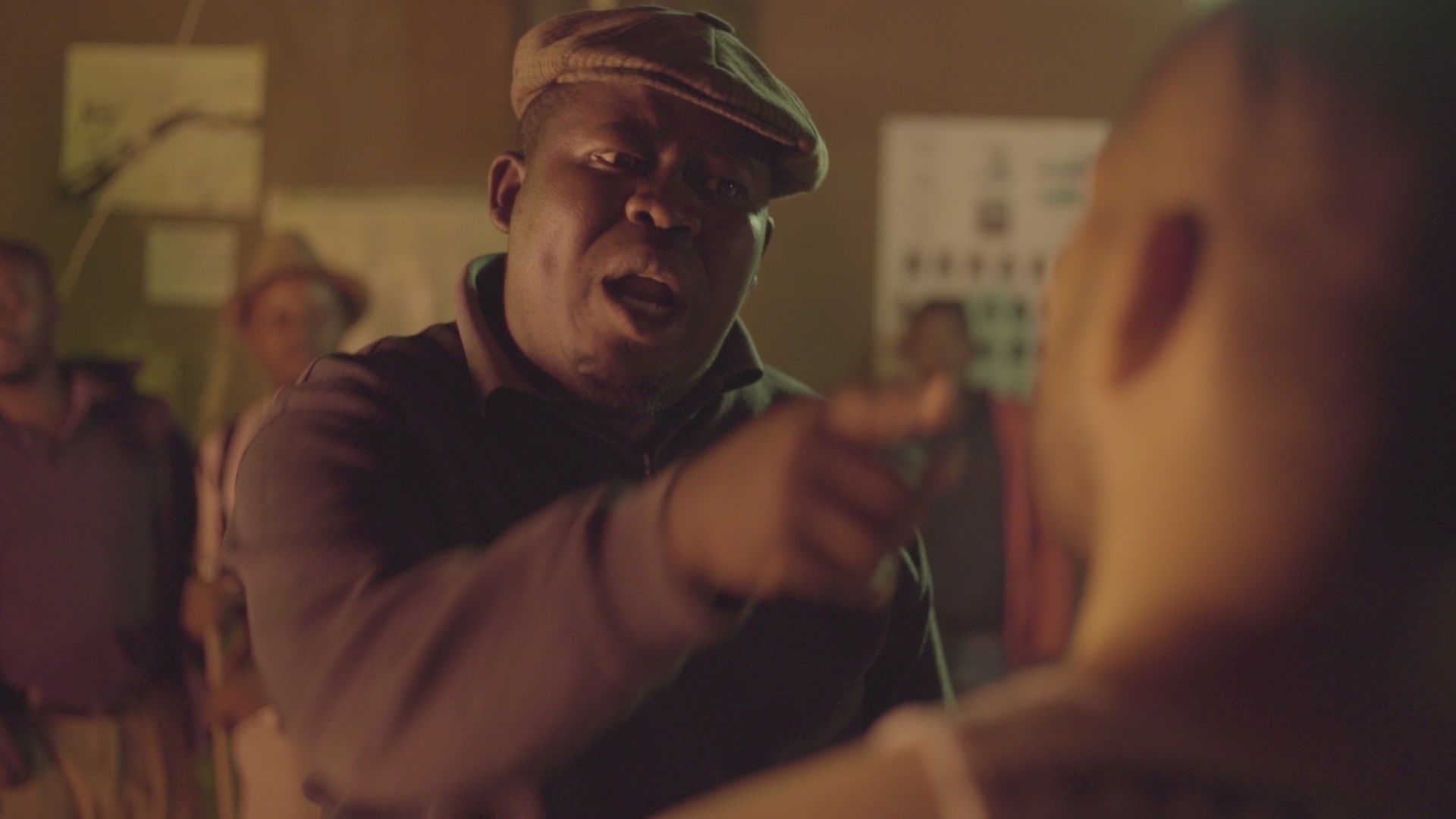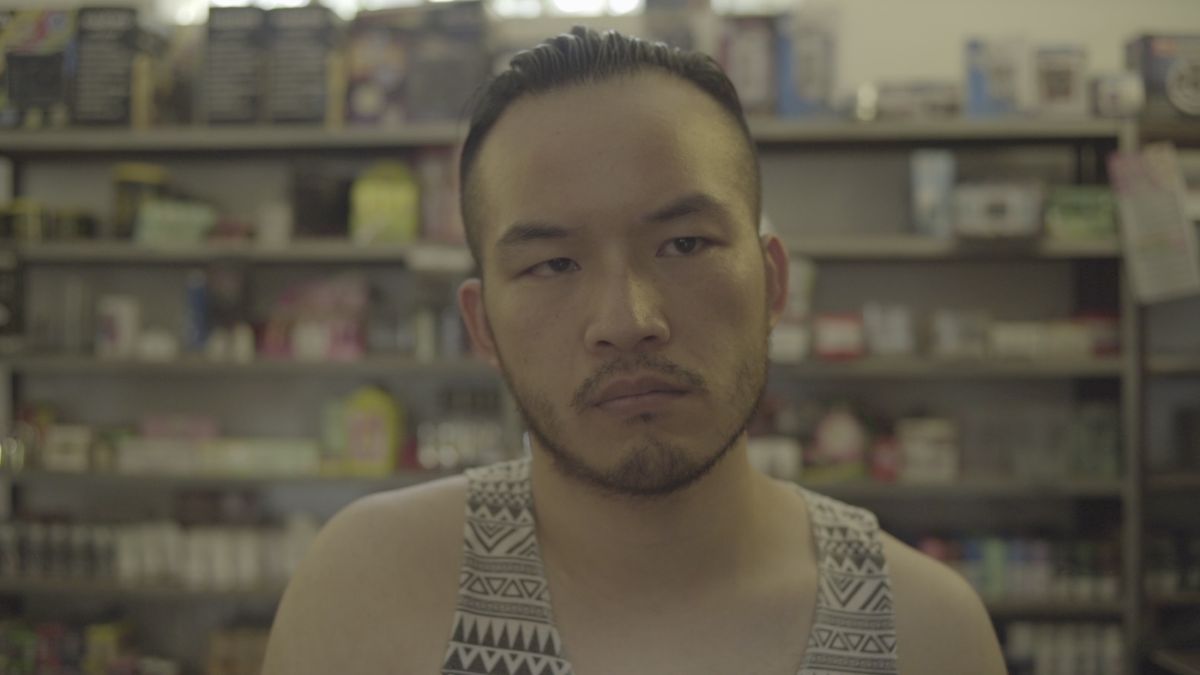Laisuotuo juxtaposes the stories of a Chinese shop owner in Lesotho and an African doctor in China who face prejudice from those around them. Filmmaker Carl Houston McMillan talks about the challenges of working on the project and the need for greater empathy in today’s global village.
Combining two separate episodes, Laisuotuo tells the story of a Chinese shop owner in Lesotho and an African doctor in China and the challenges they face as immigrants in their respective parts of the world. In the process, the film explores how stereotyping and racial profiling reduces our empathy and seeks to highlight the need for greater cultural understanding in present-day society.
For writer-director Carl Houston McMillan, growing up in southern Africa and later pursuing a degree in Development Studies helped form a deep interest in the social and cultural impacts of globalization. Specifically, his experiences drew him to the plight of Chinese immigrants in Lesotho—a country where they visibly outnumber the white population in some areas—and the numerous prejudices they face from local people.
“Chinese immigrants live a sheltered life in Lesotho, keeping to themselves and minding their own business,” he says. “There’s a lack of assimilation and this has caused friction that just sits uncomfortably under the surface for everyone.”

In addition, the status of many Chinese immigrants as shopkeepers and small business owners has made them frequent targets for theft and harassment. As Houston McMillan observes, this has led most to withdraw from any meaningful interaction with other residents which, in turn, has only served to further compound the problem.
“Because of a lack of communication and sharing there are too many unanswered questions local people have in Lesotho of Chinese immigrants. This causes stereotypes to form and this will only cause long-term damage.”
On a trip to visit friends in Beijing, the filmmaker was also exposed to the stories of numerous African—in particular, black—immigrants in China who themselves had faced issues of racial profiling despite possessing Chinese-language proficiency, skill-sets, and qualifications comparable to those of their Chinese and other non-black peers.
"Tell people about your story, as it helps hearing yourself pitch it. You can tell by people’s engagement if it’s a good story or not."
Inspired to make a film about the experiences of immigrants in both China and Africa, Houston McMillan set out to write what eventually became the screenplay for Laisuotuo. It was a process which took approximately two months to complete and one which he says taught him about the importance of surrounding yourself with people you can bounce your ideas off of.
“It’s important to have people to share your script with. Tell people about your story, as it helps hearing yourself pitch it. You can tell by people’s engagement if it’s a good story or not.”
Entering into a production spanning two different continents also meant introducing a whole new set of challenges. Nevertheless, as Houston McMillan states, success often comes with finding ways to make the most of what you have available around you.
“First look at what you have available that’s valuable—maybe it’s access to an interesting location or contact with a professional actor. Saying that, I also believe it’s not what you got, but what you do with what you got.”

As an example, one of the biggest challenges the filmmaker faced on the project was just finding the right actors to appear in the film.
“I used a mix of experienced and first time actors. The African immigrant in China was played by a first time actor,” he admits. “Also, the Chinese immigrant was played by my friend who was also acting for the first time.”
Following shoots in both Beijing and a small village in Lesotho called Morija and about five months in editing and post-production, Houston McMillan finally wrapped the project about one year after his journey first started. At this point, he says he decided to largely fore-go the traditional festival circuit route and instead released the film publicly on the internet.
“Festivals don’t allow you to release the film online for a while until the festival is over. I didn’t want to wait as it took me so long to make the short film I just uploaded it and shared it.”
As he explains, the decision helped expand the project’s reach and has created a space for discussions about the issues it seeks to highlight.
"China is still developing and so is Africa and we need more films that bring both sides together and tell people’s stories."
“It was an experimental film and I wanted it to be made into something that could be commented on. Ideas can’t just sit in the head they need to be created so you can really see what they are. I thought online would be a better space for reaching a wider audience.”
Releasing the film online and via social media has also given the director the opportunity to hear first-hand what the reaction to his work has been like.
“The response has been great,” he says. “I shared it to a lot of young Africans living in China on WeChat. They all say that the issue is important and relevant and wanted it to be discussed and expressed more through media.”
The film has also served as a good example of the potential films have to make a positive impact on those who take the time to watch them.
“I hope the film will change people’s attitudes. China is still developing and so is Africa and we need more films that bring both sides together and tell people’s stories.”

At the same time, Houston McMillan notes he is optimistic that interest in projects like Laisuotuo is growing and hopes to see more of these types of films produced in the future.
“I do think there’s great opportunity for developing films with similar themes. This topic is relatively unexplored so it’s an untapped environment,” he says. “It’s encouraging, however, that there is more interest in China-Africa relations and I’m looking forward to seeing what other types of media and entertainment will be released.”
In addition to the filmmaking lessons he has taken away from the experience, the director says working on the project has affected him on a personal level as well.
"It’s encouraging, however, that there is more interest in China-Africa relations and I’m looking forward to seeing what other types of media and entertainment will be released."
“In the process of making the film, I got to experience the two cultures in more depth. I’d like to continue learning Chinese and Sesotho—both languages I speak very little. To really understand different cultures, you need to learn the language.”
Ultimately, Houston McMillan says he wants to use his work as a filmmaker to continue to explore topics of immigration and the assimilation of different cultures in China and Africa.
“I plan to do more Chinese related films and soon I’ll be working on a feature film with Chinese actors in Africa. This film will be a lot more lighthearted than Laisuotuo, however, as I tend to gravitate towards using comedy as a way to explore unusual topics and put them in a different light,” he says.



